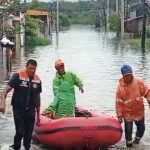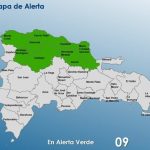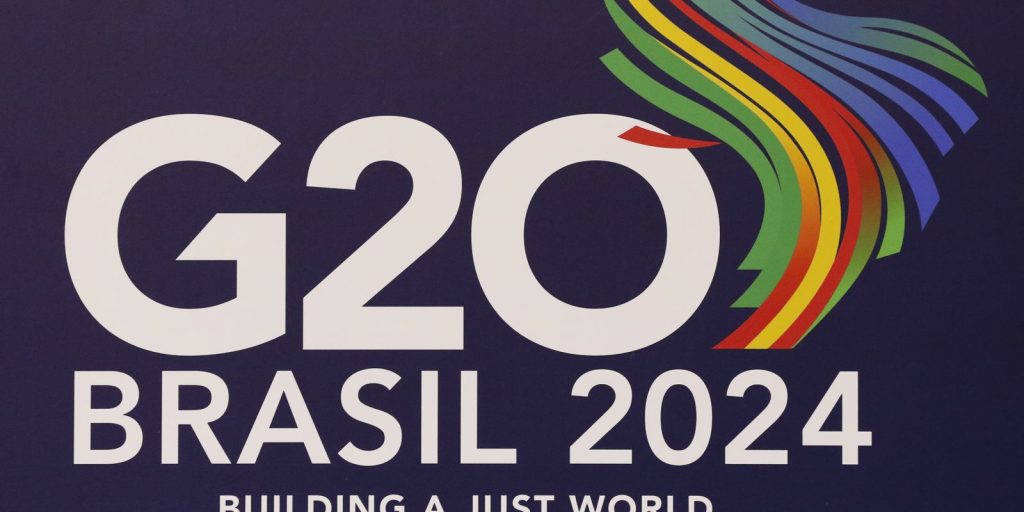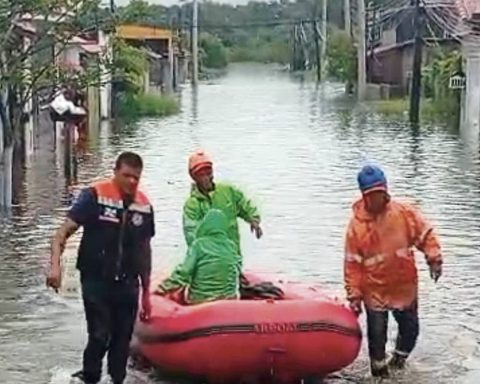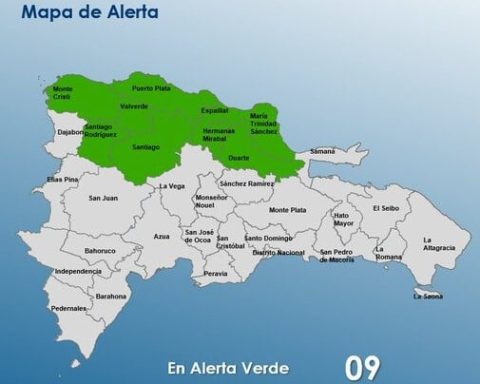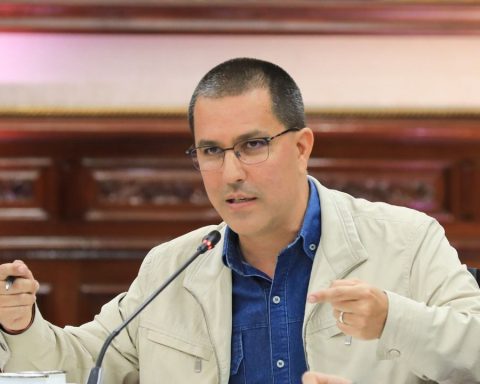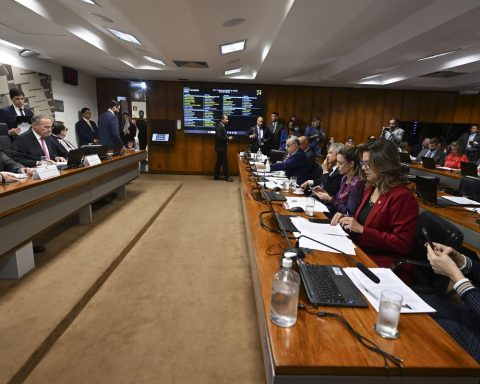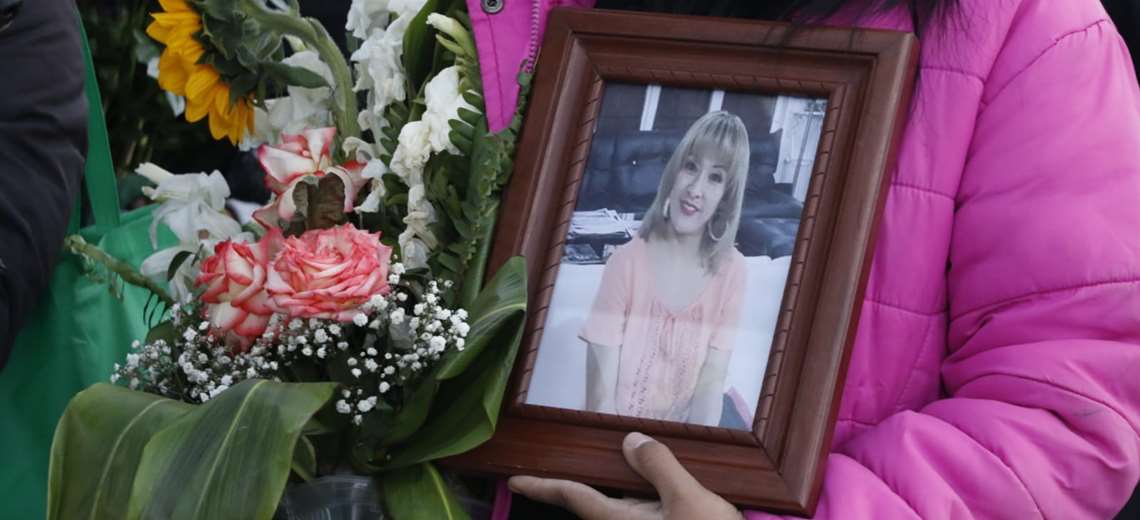
July 21, 2024, 12:29 PM
July 21, 2024, 12:29 PM
Violence against women, in its different forms – from violence against their dignity to femicide – is a chronic tragedy that mourns and challenges our coexistence in society. Every day there are acts of violence that threaten the integrity and lives of women. ORAn ECLAC report indicates that between 63% and 76% of women and girls in Latin America have experienced gender-based violence in different areas of their lives.
In Bolivia, according to data from the United Nations Population Fund (UNFPA), seven out of ten women have suffered some type of violence. Although we have had important legislation on the matter for more than a decade (Law 348 “Comprehensive to guarantee women a life free of violence”)instead of decreasing, the acts of violence against women persist with impunity and without justice.
In this context, the Friedrich Ebert Foundation in Bolivia is launching the eighth version of its annual contest with the purpose of making visible testimonies of how women live and face situations of violence against them, who listens to them and supports them, why. Many acts of violence against women are not reported, and what are the obstacles?and other forms of violence that victims – and their families – must face in the different instances of the justice administration system.
“Those stories of violence against women must be counted to show their seriousness and the consequences they leave on victims and society, closely linked to the shortcomings of the judicial system and the institutional, social and cultural structures that make the situation persist,” details the Friedrich Ebert Foundation in Bolivia, which extended the deadline for submitting testimonies until July 29. The requirements can be found on the foundation’s website.
In this sense, the central objective of this contest is to collect written testimonies that narrate, in the first or third person, situations about the way in which women faced different forms of violence (mainly physical and sexual), tell how these situations were experienced, identify the reasons why such acts of violence were not reported and make visible the obstacles that arise in the justice administration system when acts of violence against women are reported. But also testimonies of women who raised their voices and defeated their aggressors, obtaining justice and reparation.
Another purpose of this contest is to make visible specific testimonies of violence against women in order to show them from the experience of the victims: How do they experience violence? Why are many acts of violence hidden and not reported? How has violence against women become normalized? In cases where acts of violence are reported, what happens at different levels of the judicial system?






